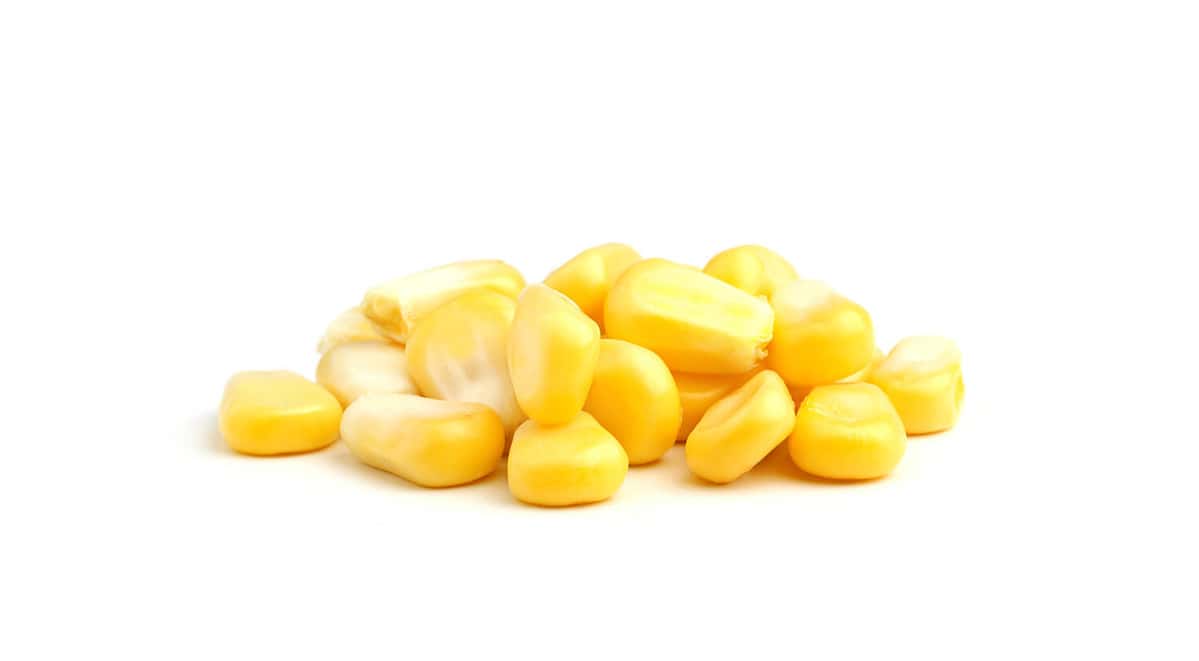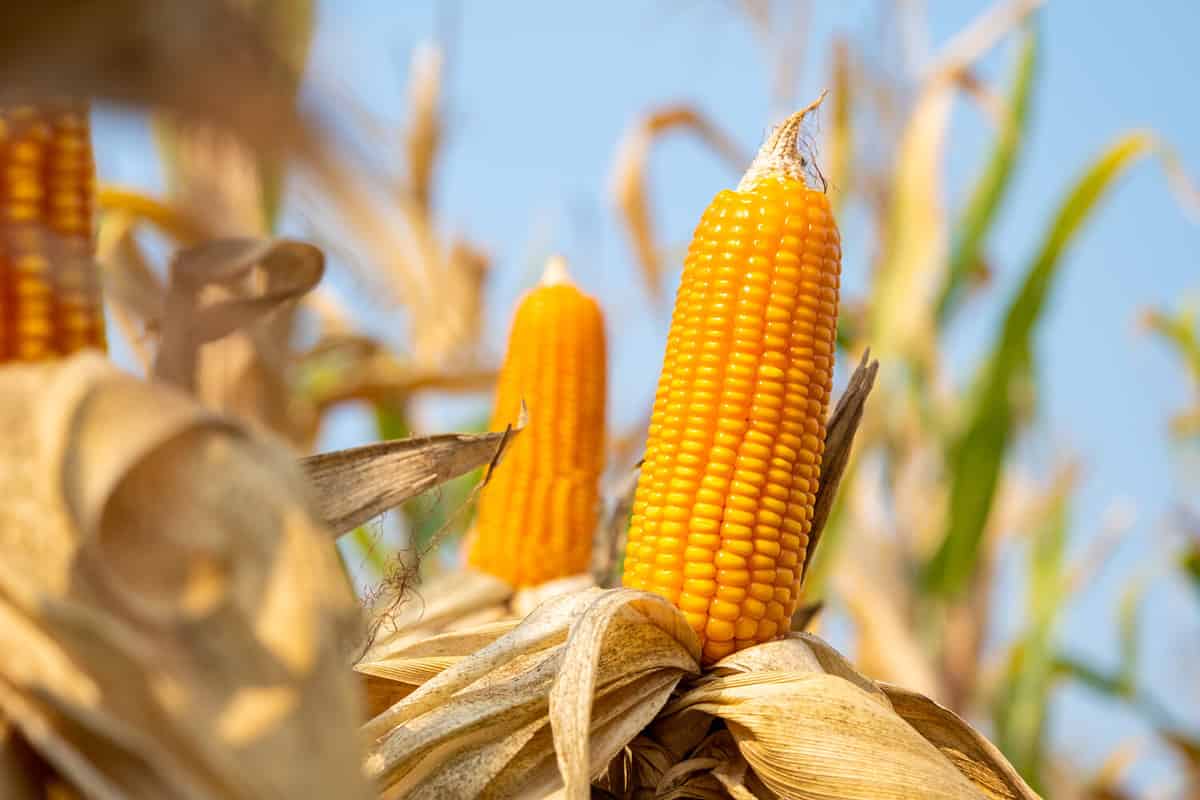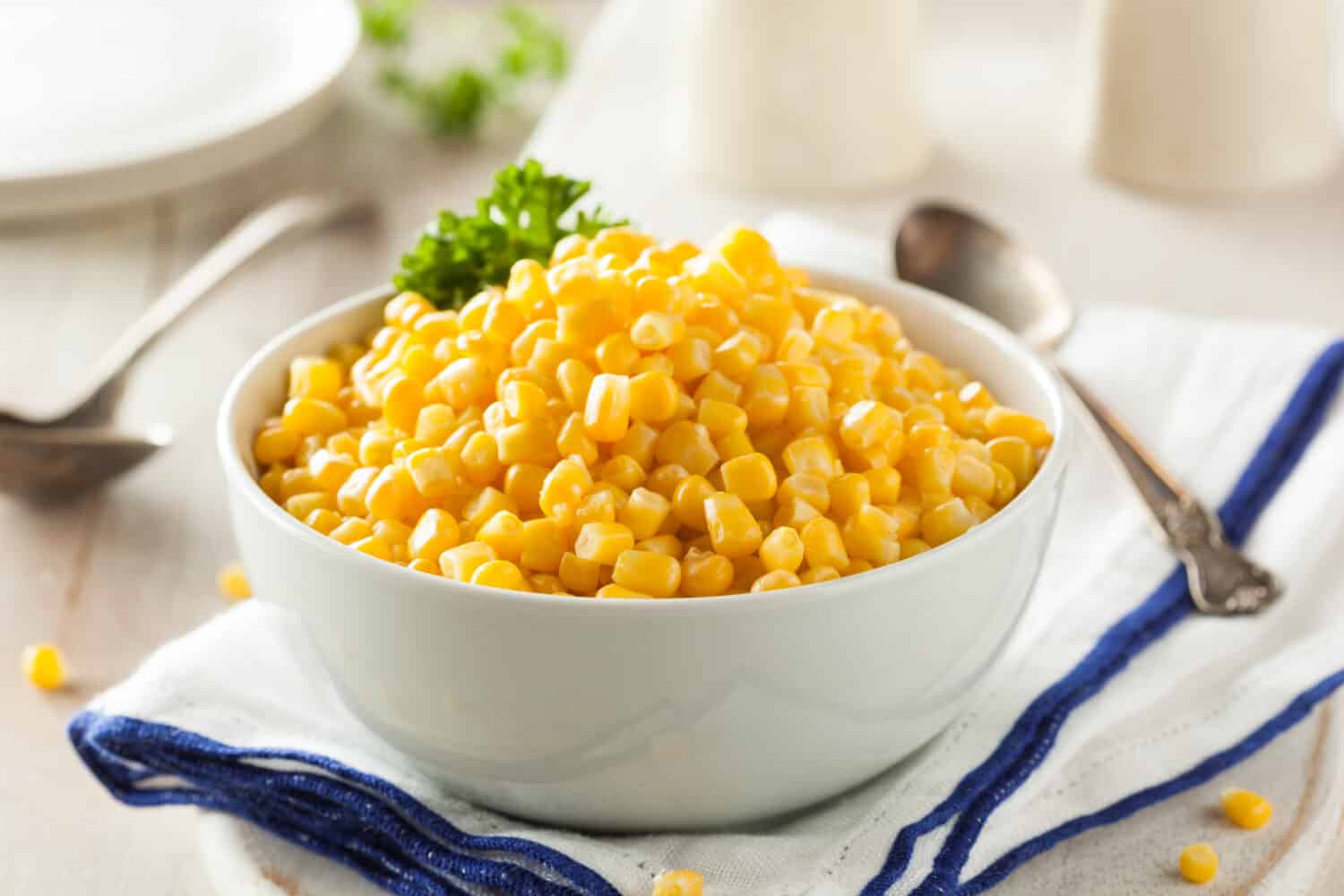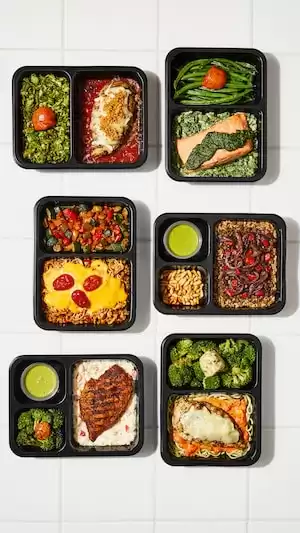There is an ongoing debate on whether or not corn is healthy. On one hand, corn contains fiber, potassium, and protein. On the other hand, it also contains cellulose (which our bodies cannot digest), and some corn is in ethanol, which steers some people in the other direction. So, what does all of these mean? Is corn healthy? What are the benefits and downfalls of consuming corn? Also, what are the uses for the many types of corn? We will dive into the science behind corn and what it means for your overall health.
What is Corn?
Corn is a cereal grain and a vegetable. It has been around for thousands of years, its ancestor dating back to Mexico 9,000 years ago. It is also known as maize. The type of corn that people often eat is sweet and has a soft outer shell. It pairs well with hamburgers, green vegetables, salads, and barbecues. There are many meal options that corn can complement!
There are several different types of corn, and each of these types serves a different purpose:
Popcorn: Popcorn is a regular type of corn that many love to eat. It has a hard outer shell and a drop of water inside. That is why it pressures the kernel and makes it pop when heated at high heat.
Sweet corn: This is the type of corn that people eat. It is usually yellow or white and has a soft outer layer. It is mildly sweet as well.
Flint corn: This type of corn is harder and comes in numerous colors like red, blue, or gold. Many people love to use flint corn as decoration during the fall season because of the colors and aesthetic it adds.
Dent corn: Dent corn, also called field corn. One common use for dent corn is for animal feed. Dent corn is yellow or white and has a dent at the top of the kernel. Another use is for corn products like tortillas that undergo manufacturing and in the production of ethanol.

©osoznanie.jizni/Shutterstock.com
What Are the Health Benefits of Corn?
Although the health benefits of corn are often controversial, there are a few reasons to eat this tasty side dish.
- Contains plenty of nutrients: Corn is full of excellent nutrients. These nutrients include fiber, folate, potassium, and magnesium.
- Possible benefits for eye health: Another benefit to eating corn is that it contains carotenoids like lutein. Lutein, specifically, is good for our eyes and can reduce the risk of cataracts.
- Fiber may benefit digestive health: Fiber contains plenty of benefits for our health. For starters, it is very filling. This means it helps us stay fuller for longer, leading to eating less food. Fiber is also great for gut health and can aid in cleaning our digestive tract out and keeping us regular.
- Can be good for gut health: Corn can be good for gut health for a couple of reasons. Healthy bacteria and fiber can protect against certain cancers and reduce the risk of diverticulitis.
- Also high in vitamin C: Antioxidants are important to add to diets. This is because they naturally protect our cells from free radicals, resulting in cell damage. Corn contains vitamin C, which is an antioxidant.
- Naturally gluten-free: Corn may be an excellent option to add to a diet for those with gluten sensitivities or intolerances. It is naturally gluten-free.
What are the Adverse Effects of Eating Corn?
With the positive health benefits of eating corn comes the other side of the coin: the adverse effects. Take a look below at how corn can adversely impact our health.
- Corn is a starchy vegetable: Corn contains a high amount of starch from carbohydrates and sugar. It can negatively impact blood sugar by raising it. Therefore, if you are watching your blood sugar and heart health, it may be beneficial to eat corn in moderation.
- Contains antinutrients: Antinutrients can negatively impact health by making it harder for our bodies to absorb the necessary nutrients. It is a plant compound, and one of the best ways to combat the effects of antinutrients is by soaking the corn or beans that may contain this compound before cooking.
- May spike blood sugar: The carbohydrates and sugar in corn lead to a very starchy vegetable. This can impact blood sugar by spiking it, making it a risk factor for those who may have diabetes or heart disease.
What Does Corn Have in it That Can Adversely Affect Health?
- May contain mycotoxins: Mycotoxins are found in fungi. Sometimes, corn can become contaminated with these toxins. The effects of consuming mycotoxins may be lowering the immune system and increasing the risk of some cancers.
- Corn can also negatively affect those with IBS and celiac disease: Corn is sometimes a trigger for those with irritable bowel syndrome and celiac disease.
- Corn is also a GMO food: Corn is often genetically modified, making it a GMO food. Although GMO foods are considered safe, some animal studies point towards the harmful effects of herbicide use. Foods that are GMO are modified to withstand herbicides and survive certain pests. While, in theory, this is beneficial, some have called into question the effects of an overabundance of herbicide use on overall health.
- Contains cellulose, which our bodies cannot digest: While it is true that our bodies cannot digest the entire corn because it contains cellulose. However, our bodies can take and digest other nutrients that corn has.

©Lamyai/Shutterstock.com
Key Takeaways
The health benefits of corn are often up for discussion. There are both favorable and unfavorable effects of eating corn. Someone who has diabetes or is watching heart health will benefit from eating corn only in moderation. This is because it can raise blood sugar and negatively impact health. However, there are a few benefits to consuming corn.
- Corn contains essential nutrients such as potassium, fiber, and magnesium.
- Corn can also benefit eye and gut health. The good bacteria corn contains and gives to our guts may slow down risks for certain cancers.
- Corn is naturally gluten-free but can trigger flare-ups for some with IBS or celiac disease.
- Corn contains the antioxidant vitamin C. Antioxidants are essential for our health because they protect against free radicals and cell damage.
- Eating corn has negative impacts, such as reducing the risk of a blood sugar spike and the possibility of consuming mycotoxins.
- Corn is also a GMO food and is often genetically modified.
So, Is Corn Healthy?
The question remains: is corn healthy? On one hand, corn has many health benefits that are good for us. The nutrients it contains can benefit our overall health, such as antioxidants and fiber, which help with digestion and feeling fuller. Additionally, corn is incredibly versatile and can be adaptable to almost any recipe.
However, there are some downsides to consuming corn. If you are watching out for GMO foods or your heart health, eating in modification or opting for a healthier alternative is a good option. Corn can be healthy in moderation and a good source of some nutrients.
Corn Recipes and Dishes to Try Today
- Corn Bread and Bean Casserole Recipe
- Mexican Corn and Bean Soup Recipe
- Crockpot Rice Corn and Spinach Casserole Recipe
- Mexican Skillet Chicken with Corn Muffins Recipe
- You'll Love This Healthy Corn Chowder Recipe
The image featured at the top of this post is ©Brent Hofacker/Shutterstock.com.

